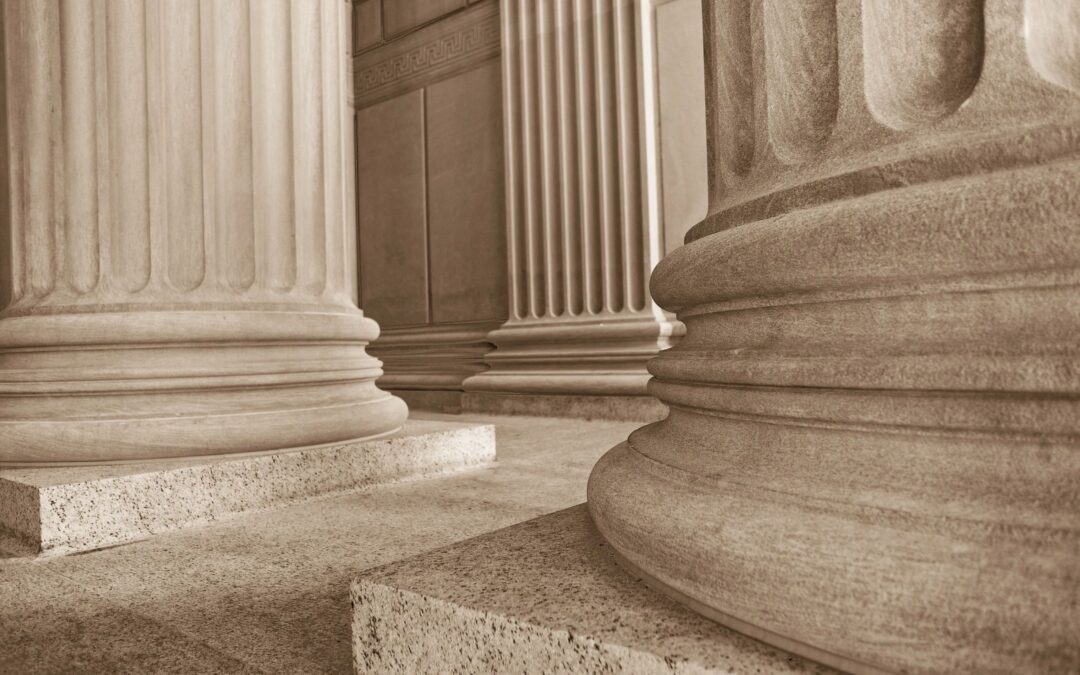
by Matthew Johnson | Mar 25, 2025 | PTAB News, Trial Institution
By Matt Johnson – After rescinding the June 2022 guidance regarding Fintiv, the PTAB issued updates to how they will consider discretionary denial issues under Section 314(a) on Monday. The updated guidance states: On February 28, 2025, the USPTO rescinded the...

by Matthew Johnson | Mar 12, 2025 | Evidentiary Issues, Prior Art Issues, Trial Institution
By Mike Lavine – On February 6, 2025, the PTAB denied IPR institution because the Petitioner failed to establish that its key prior art reference qualified as a printed publication under Section 102(b). The PTAB’s decision hinged on whether the “Dammann”...

by Matthew Johnson | Mar 3, 2025 | PTAB News, PTAB Trial Basics, Trial Institution
By Ashvi Patel and Matt Johnson – On Friday, the USPTO rescinded its June 21, 2022, guidance memorandum entitled “Interim Procedure for Discretionary Denials in AIA Post-Grant Proceedings with Parallel District Court Litigation.” That memorandum discussed...

by David Maiorana | Jan 31, 2025 | Joinder, PTAB News, Time Limits, Trial Institution
By David Linden and Dave Maiorana – On June 6, 2024, Shenzhen Waydoo Intelligence Technology Co., Ltd. (“Waydoo”) filed a petition for inter partes review (“IPR”) of U.S. Patent No. 9,359,044 (“the ’044 Patent”) (“IPR998”), assigned to MHL Custom, Inc. (“MHL”). ...

by Matthew Johnson | Jan 28, 2025 | PTAB News, PTAB Trial Basics, Trial Institution
By Derek Walker, Evan Tassis, and Matt Johnson – The PTAB recently denied institution of inter partes review of a patent directed to deep packet inspection in software defined networks in Juniper Networks, Inc. v. Orckit Corporation, IPR2024-00895. Applying the...

by Matthew Johnson | Jan 22, 2025 | PTAB News, PTAB Trial Basics, Trial Institution
By Pranita Dhungana and Matt Johnson – The Patent Trial and Appeal Board (“PTAB”) recently denied institution in an inter partes review (“IPR”) where Petitioner later filed a parallel petition against the same claims of the same patent. Shenzhen Root Tech....







